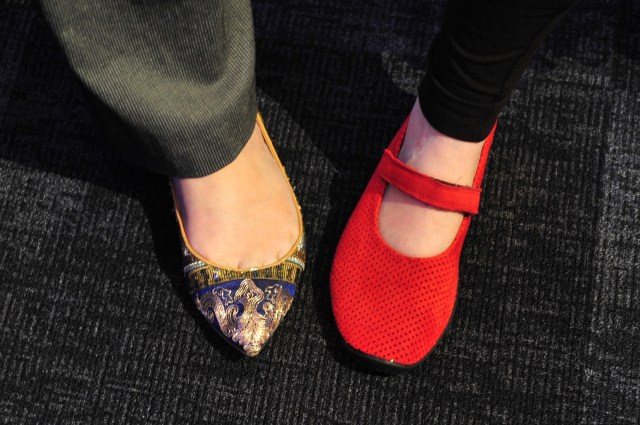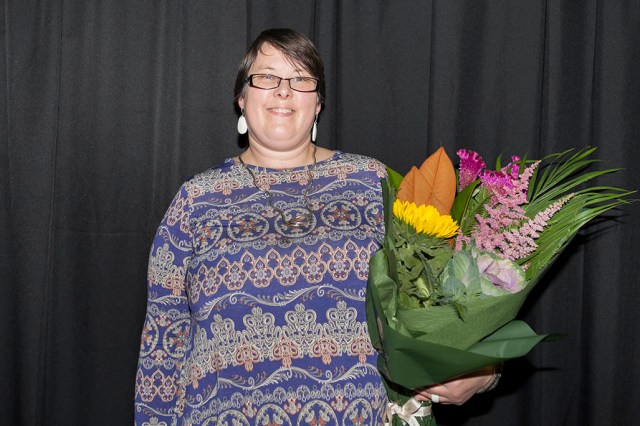I am an Autistic self advocate. As such I belong to a broad and diverse community comprising other Autistic self advocates, Autistic kids and adults, parents and family of Autistic kids (who may or may not be on the spectrum themselves), Autism support organisations and peak bodies and others with a stake in the wellbeing of Autistic people. Within our community there are many groups. Mostly I find the Autism community to be supportive and encouraging and i’m proud to count myself among its number. However, there are some issues which can come up which I would like to address in this post
Identity
The first sentence of this post was ‘I am an Autistic self-advocate’. There are some pretty strong indicators of how I choose to identify just in that short passage. I use ‘I am Autistic.’ This is known as identity first language. Lots of people I know use this rather than ‘I have autism.’ It is not the ‘correct’ way to identify, it is just the way I choose to. Identity first language means that I see my Autism as an integral part of my character which I cannot remove. It is part of me. Another clue to my self identity in that sentence is my use of the upper case ‘A’ in Autistic. Not many I now people use this but to me it reflects my view I am part of a culture, a sort of nationality of Autistic people. All of this is part of my identity. However, it is not everyone’s identity. Some people in the community get upset when other people do not use identity first language but say ‘I have autism’. This is foolish and unhelpful. How another person chooses to identify is their own business, not mine or anyone esle’s.
Trolling behaviour
Unfortunately some trolling and online aggression also goes on in our community. There are different shades of this, from unhelpful criticism to outright aggression. Sadly our community is not immune from the curse of the keyboard warrior. Some of the trolling and negativity baffles me. I see in the world a lot of people who could be called enemies to Autistic people – charlatans selling dangerous ‘cures’ to desperate parents of newly-diagnosed kids, people who are ableist bullies and victimise us, even people pushing eugenics. When another Autistic person trolls me or any of my friends or advocate colleagues, I wonder why they attack other Autistic people rather than focussing their vitriol on somebody who could probably benefit form some criticism. I mean, Andrew Wakefield is right there! Why target people who are essentially working for a similar outcome as the troll professes they are?
Events and organisations
I give presentations for a lot of different autism and other organisations. Some of these events are for organisations I have some reservations with. I often get questions and criticism form people saying ‘why wold you speak or write for them?’ My answer is usually the same. I don’t not so much speak or write for the organisations but for the audience. Of course there is a line I won’t cross but I never want to be someone who just preaches to the choir. If I just spoke to people with what I consider ‘good’ Autism world politics we would probably be sitting in a very small room telling one another how great our ideas are! Sharing my views with a larger base of people who are outside my small group of friends and colleagues is essential. Otherwise why would I consider myself an advocate? I think if a parent of a newly diagnosed child, or an adult who has recently received their Autism diagnosis is looking for information, I would like them to see something from me or another advocate colleague than from someone who is not supportive or understanding of the needs of Autistic people.
Disagreement and dissent
Dissent and disagreement are actually wonderful things provided they are respectful. There is a huge difference between trolling and respectful, reasoned argument. If you disagree with what I say, please let me know. Dissent is a great way to broaden thinking and refine your ideas.
Fundamentalism and sectarianism
One common issue in any culture is fundamentalism. Fundamentalism can be summed up as ‘What we think is right. Any even small variation from this ‘truth’ is wrong. We need to make sure everyone knows what we think and try to bring them around to our way of thinking as their’s is ‘wrong.’” Fundamentalism is really divisive and unhelpful and sadly it does lurk in parts of our community – as it does in pretty much all communities. An example of this is that I got into some trouble with some more fundamentalist members of our community a while back when I posted something with ‘the wrong’ terminology. It wasn’t that I was using offensive terms, I had just apparently put the wrong nuance on my wording of a post. A couple of people shared my post and ‘ripped me to shreds’ on social media. They did not message me to engage in discussion. T o me that demonstrates fundamentalism in action. My statement was actually very positive and helpful but because I didn’t conform with the ‘right’ terminology, all that positive message was seen as unhelpful and worthy of derision.
Perceptions of the community
Things like fundamentalism and criticism for how others identify is not only difficult for people currently within the community, it has a significant impact on people who have just joined us – such as those who are newly diagnosed or whose kids are newly diagnosed. People just finding their place within the community can be put off by being attacked for saying the ‘wrong’ thing. Assumed knowledge that if someone is Autistic the they ‘must’ identify in one way or agree to a series of quite specific ideas can be off-putting and even exclusionary. Divisiveness and focussing on minutiae can often alienate people.
Please feel free to comment and discuss this one.





